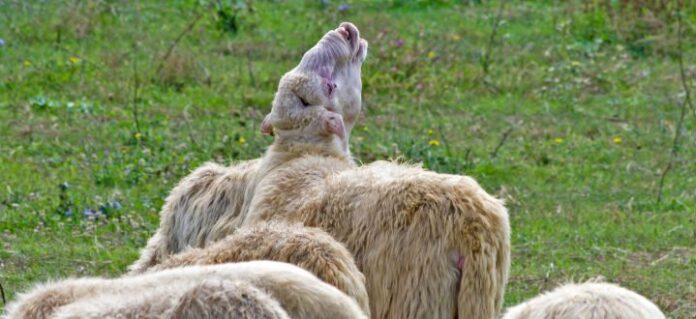Equipped with a hefty research grant, a professor in the U.K. is taking a novel approach to bringing Wi-Fi coverage to rural Wales: sheep outfitted with collars that transmit an Internet signal.
Professor Gordon Blair from Lancaster University was awarded about $267,000 from the Engineering and Physical Research Council to investigate the “Internet of Things.”
Using smart sensors capable of wirelessly transmitting data, Blair plans to look into a number of agricultural issues including livestock movements and flood patterns.
“The possibilities are limitless,” Blair told the Wales Online, commenting that most IoT deployments are aimed at smart cities rather than rural areas.
“Cities have been the focus of much of the boom in this type of technology – it has been used to keep traffic flowing on our roads, monitor air pollution and even help us find a parking spot,” he said.
“But the countryside faces challenges of its own, from subtle environmental changes to catastrophic events such as flooding.”
Wi-Fi broadcasting animals are just a possible ancillary application of Blair’s work, the main focus of which is for monitoring purposes.
British provider EE has broached this arena, setting up fake cows that serve as Wi-Fi hotspots.
In what was regarded as a bit darker application, in 2012 a charity called “Homeless Hotspots” set up homeless people in Austin, Texas, with mobile hot spots.
The idea was for the hot spots to be available for attendees of the annual South by Southwest festival.

